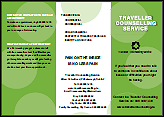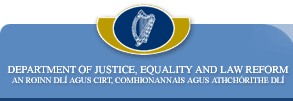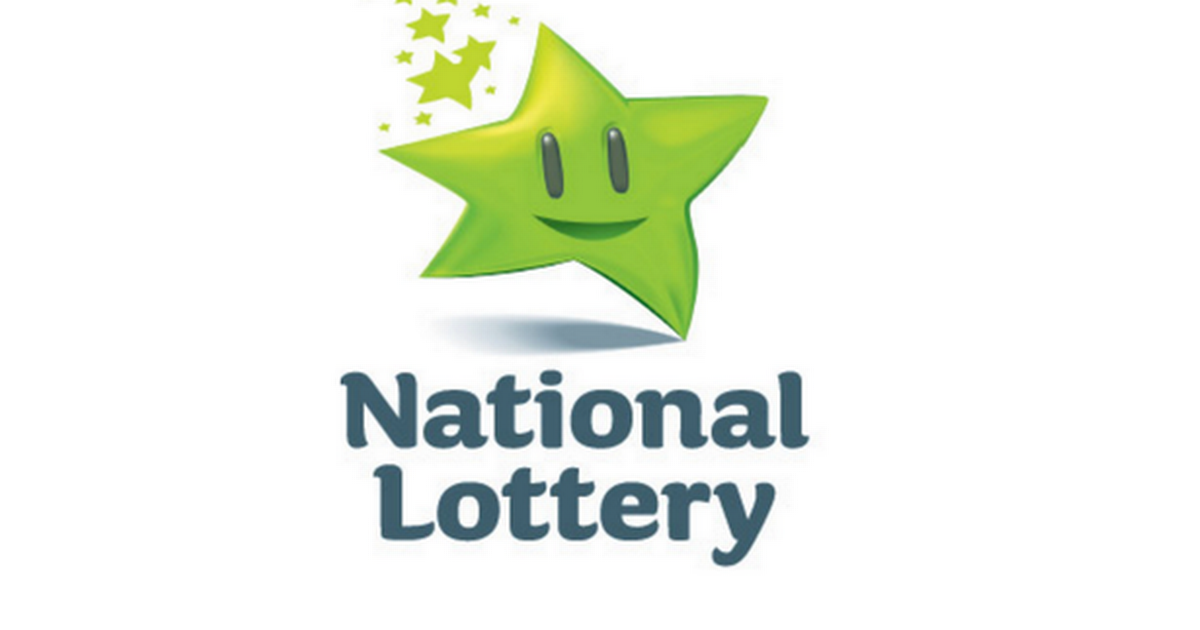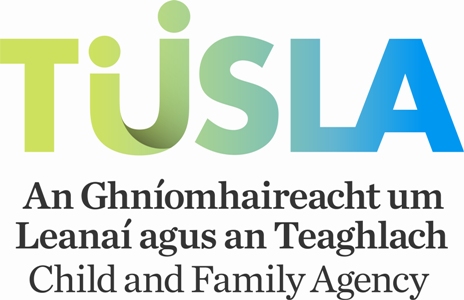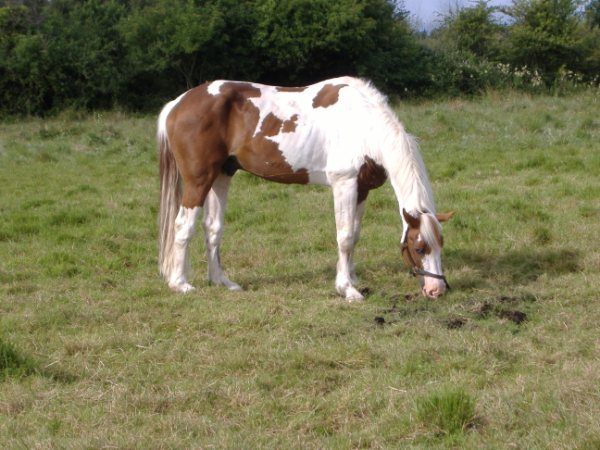
Traveller Culture
 The Irish Traveller community has a long history, with its own traditions, language, practical skills, culture, arts and music, with distinctive patterns of living (e.g. nomadism, keeping of horses) and strong values built around families, care and extended families. One of the biggest influences on Traveller culture is the nomadic lifestyle, which was possibly the most distinctive feature of Traveller culture that differentiated between Traveller and “settled” lifestyles. Nomadic lifestyles serve three functions within the community; they are social, economic and cultural. Nomadism refers to a mind-set, not just to the act of travelling.
The Irish Traveller community has a long history, with its own traditions, language, practical skills, culture, arts and music, with distinctive patterns of living (e.g. nomadism, keeping of horses) and strong values built around families, care and extended families. One of the biggest influences on Traveller culture is the nomadic lifestyle, which was possibly the most distinctive feature of Traveller culture that differentiated between Traveller and “settled” lifestyles. Nomadic lifestyles serve three functions within the community; they are social, economic and cultural. Nomadism refers to a mind-set, not just to the act of travelling.
The situation of Travellers is a difficult one, with the Traveller community’s traditional way of life, nomadism and distinctive economy affected by rapid economic and social change. These difficulties are characterised by the following:-
- Poor living conditions; many in unauthorized sites and finding it difficult to obtain either sites or accommodation of reasonable quality in acceptable locations.
- Ill-health; evidenced in life expectancies which remain typically ten years less than the settled population.
- Limited educational achievement; a reflection of the lack of opportunities, with few Travellers progressing to second level (less than 3% completing) and only a handful individuals reaching third level.
- Unemployment; difficulties in obtaining employment, coupled with the erosion of the Traveller economy, which makes their labour market situation very difficult. It was estimated that at least 45% of Travellers have no meaningful work.
- Discrimination; Travellers constitute the largest single category of discrimination reported to the responsible agencies.
- Identity Issues; problems of identity arising from their minority status.






